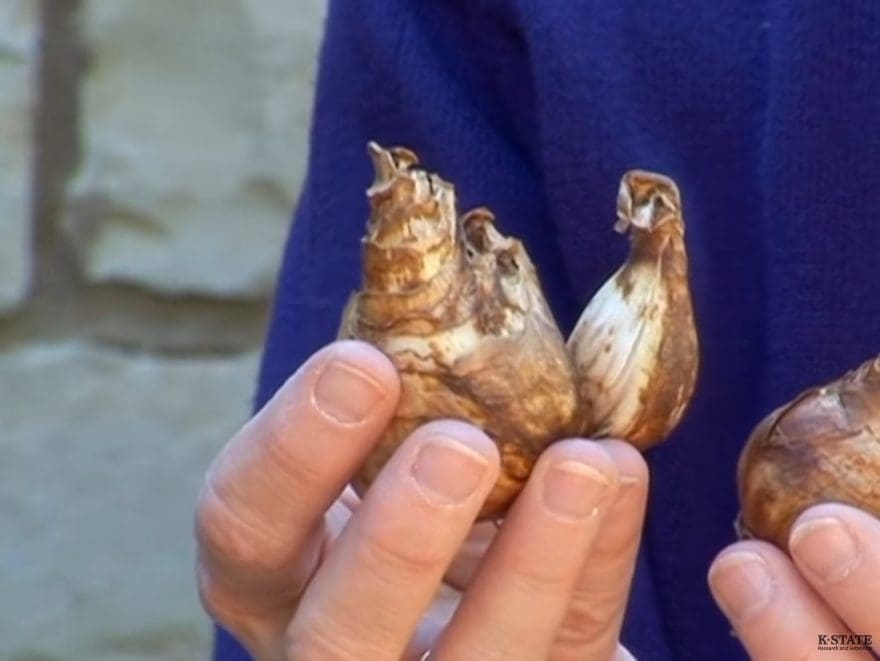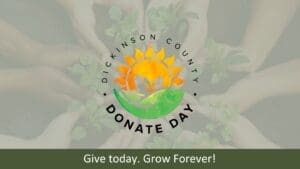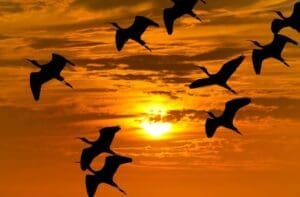By Maddy Rohr, K-State Research and Extension news service
Manhattan, KS— Many home gardeners believe it is never too early to plan for the next year, and right now, it’s time to plant spring flowering bulbs before winter.
Kansas State University horticulture expert Ward Upham recommends planting hardy bulbs in October and November before winter arrives. “As long as the soil temperatures are above 40 degrees Fahrenheit, the bulbs should continue root development,” he said.
When purchasing bulbs, Upham said it is important to look for large, firm bulbs that have not begun to sprout. While these plants are hardy, they will not tolerate poorly drained soil; Upham suggests adding organic matter, such as compost.
“Garden soils that have been fertilized regularly in the past may have excess levels of phosphorus,” he said. “Excess phosphorus can interfere with the uptake of other essential micronutrients, though levels (of phosphorus) need to be extremely high to be of concern.”
Upham strongly encourages doing a soil test to determine the contents of the soil before planting. To balance the soil and set the bulbs up for success, using a fertilizer high in nitrogen will help offset the phosphorus and increase fertility.
Lawn fertilizers are effective, but it is crucial to ensure there is no weed killer or preventer in the fertilizer. “Apply these fertilizers at the rate of three cups per 100 square feet,” Upham said.
Organic matter low in phosphorus includes blood meal, soybean meal and cottonseed meal. If a soil test is unavailable, Upham suggests using a balanced fertilizer mixed well with soil.
“The size and species of the bulb determine how deep to plant, but in general, the depth to the bottom of the bulb should be about 2-3 times the size of the bulb,” Upham said.
Each flower bulb will have specific planting instructions to follow.
Upham and his colleagues in K-State’s Department of Horticulture and Natural Resources produce a weekly Horticulture Newsletter with tips for maintaining home landscapes and gardens. The newsletter is available to view online or can be delivered by email each week.
Interested persons can also send their garden and yard-related questions to Upham at mailto:wupham@ksu.edu, or contact your local K-State Research and Extension office.













